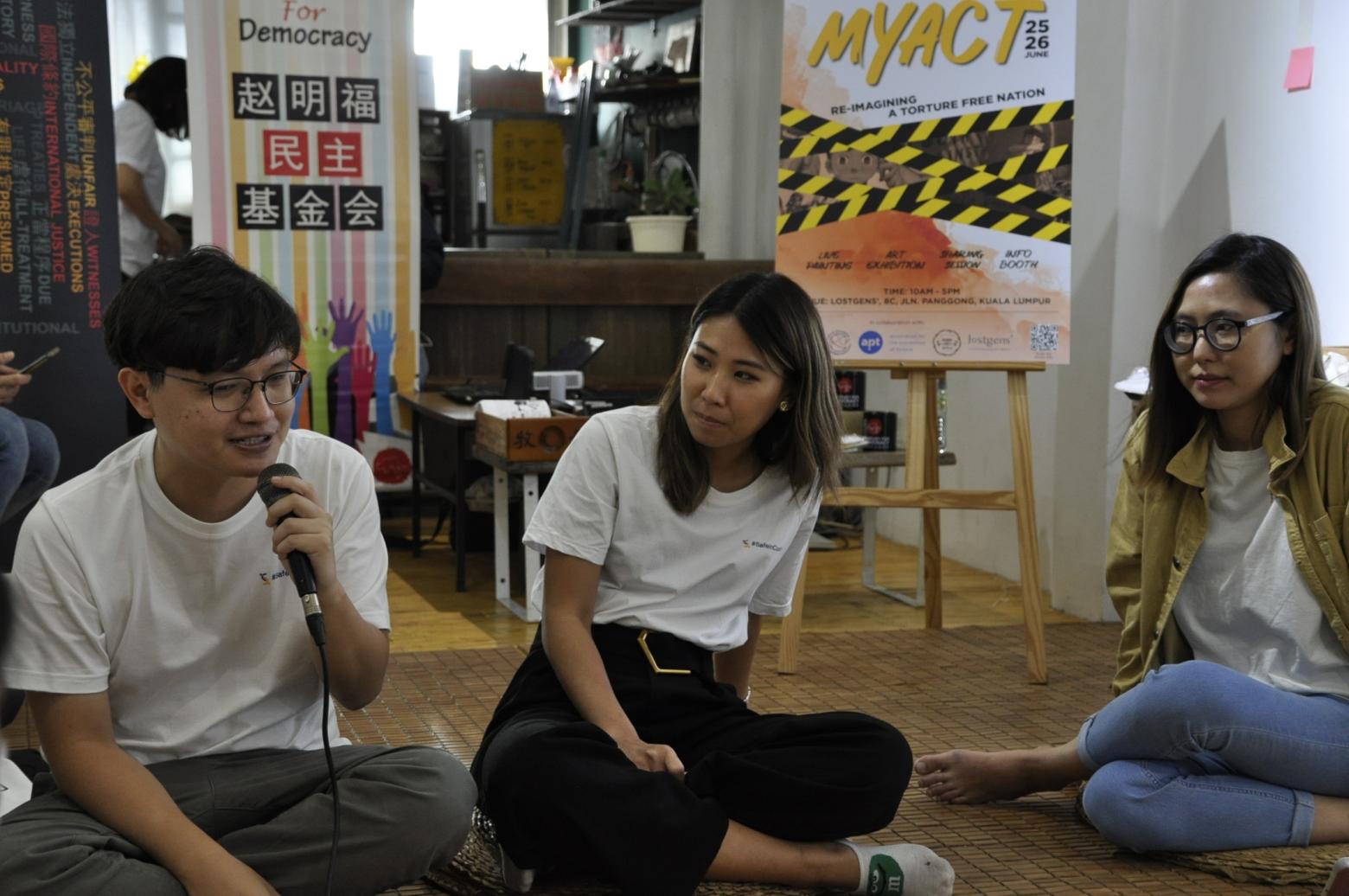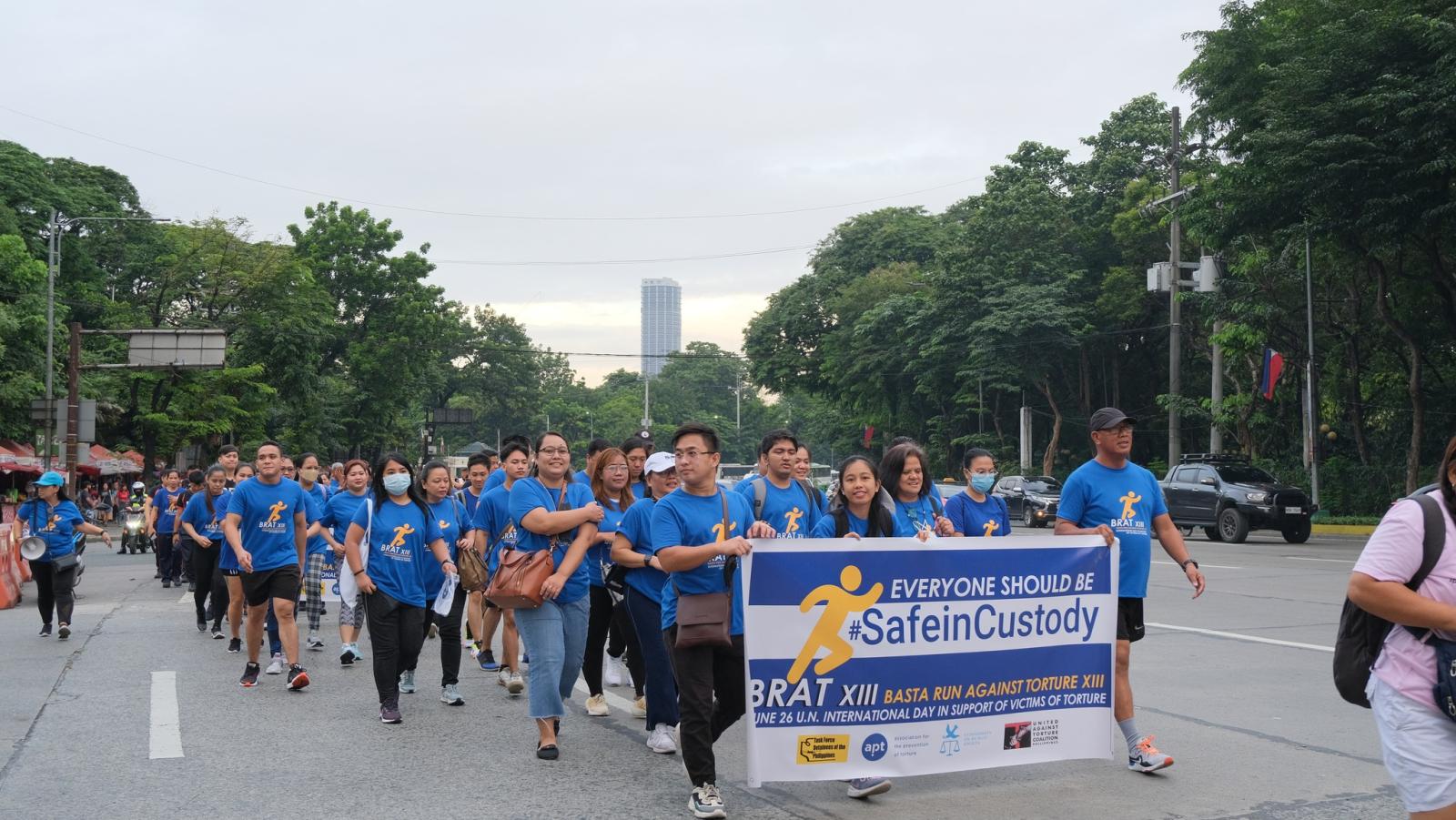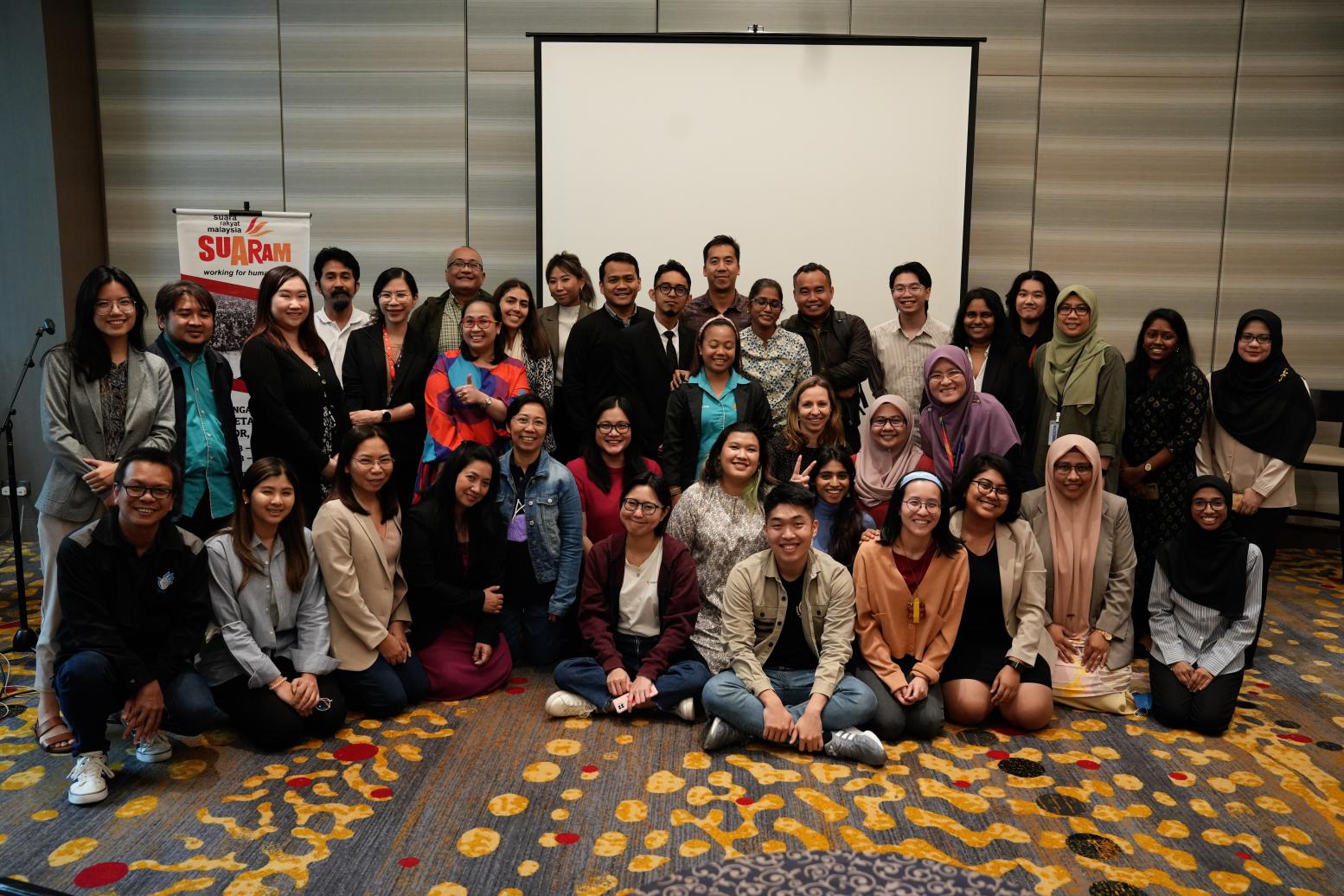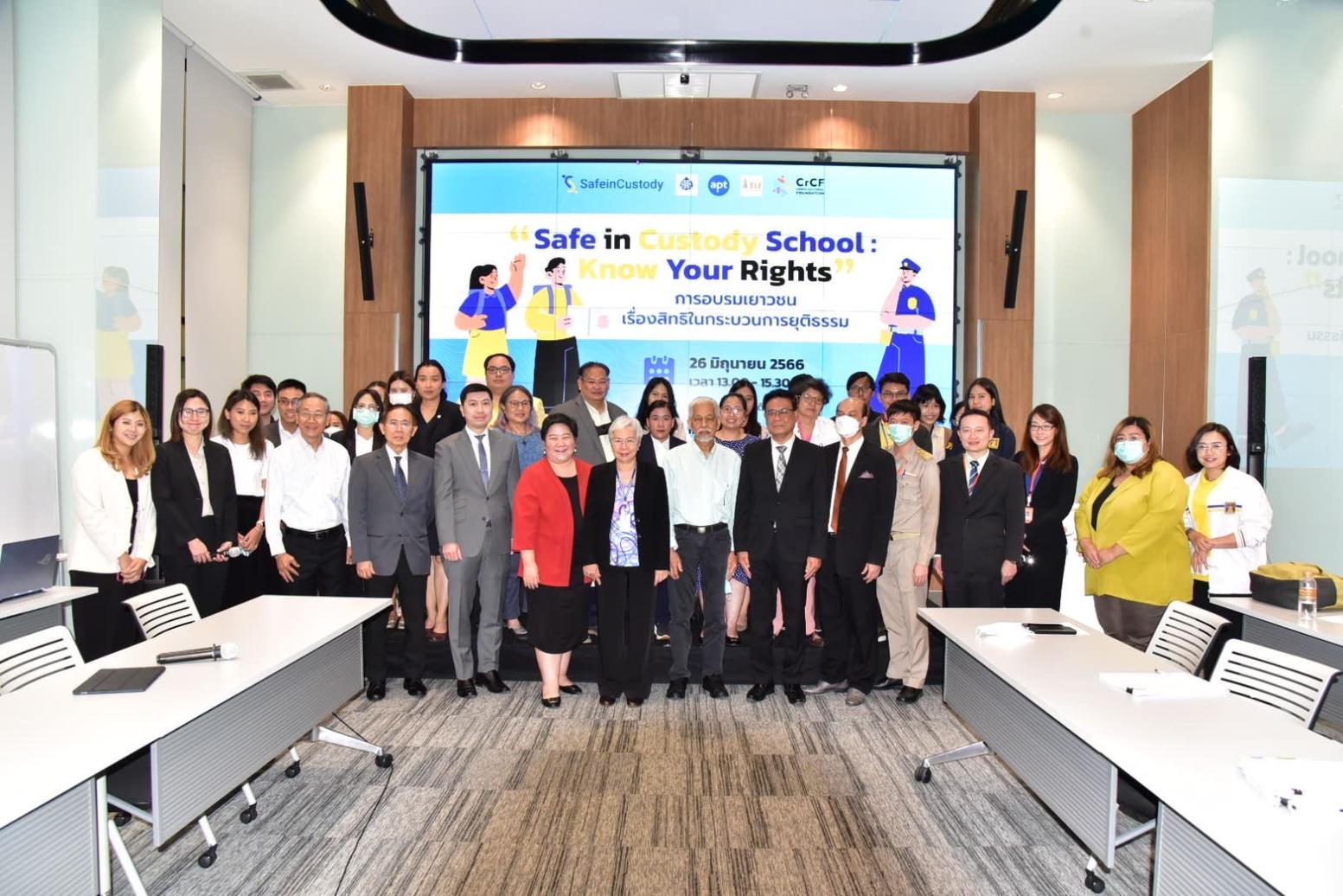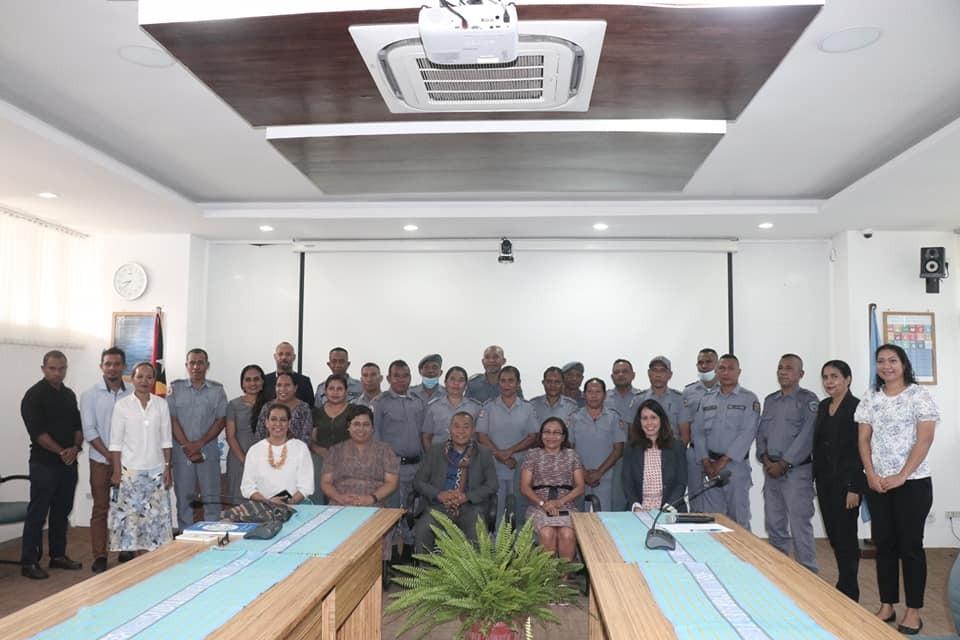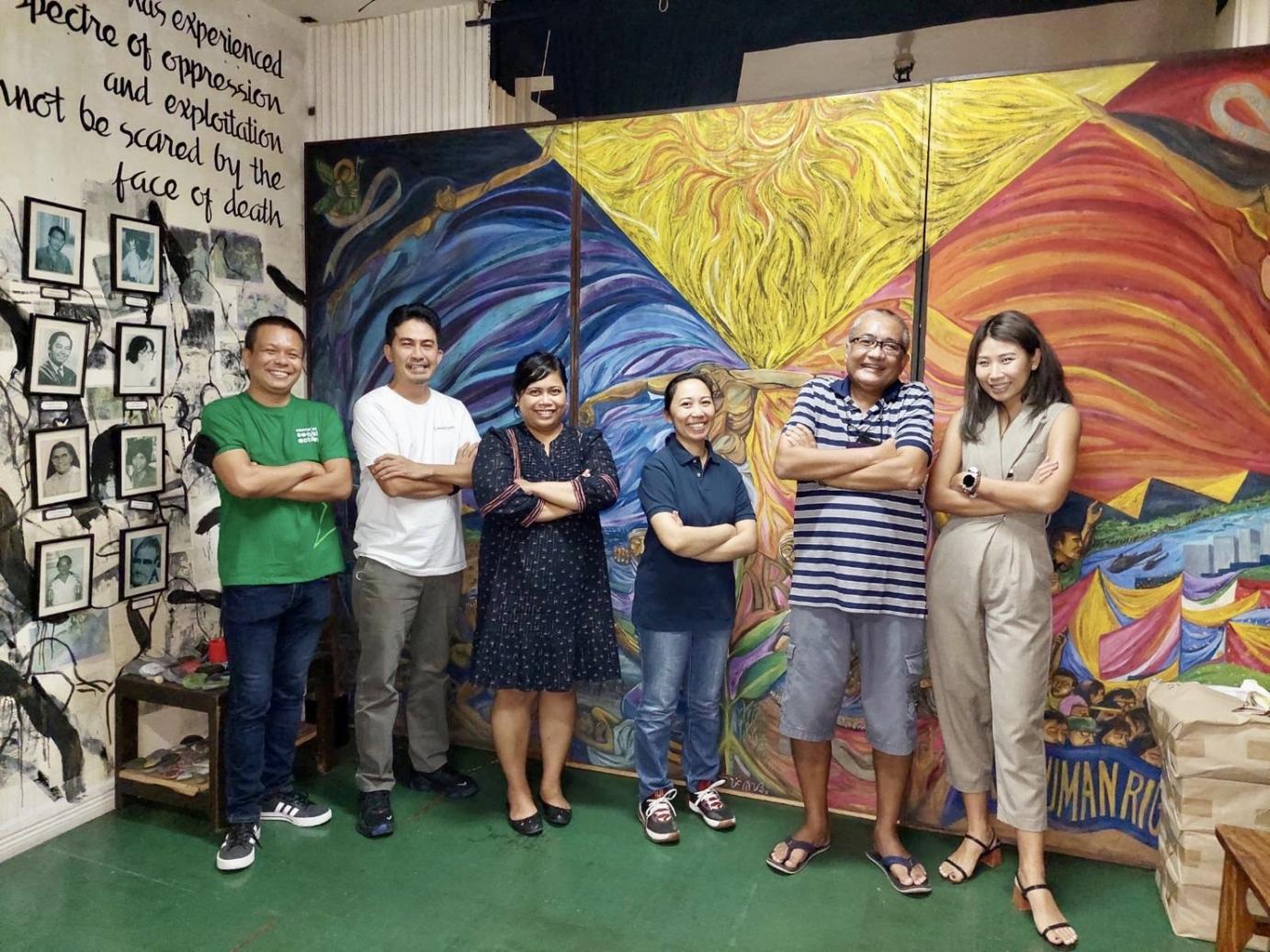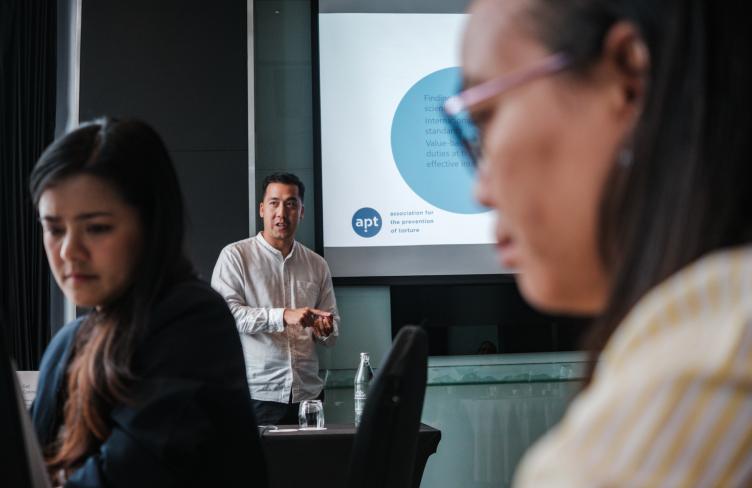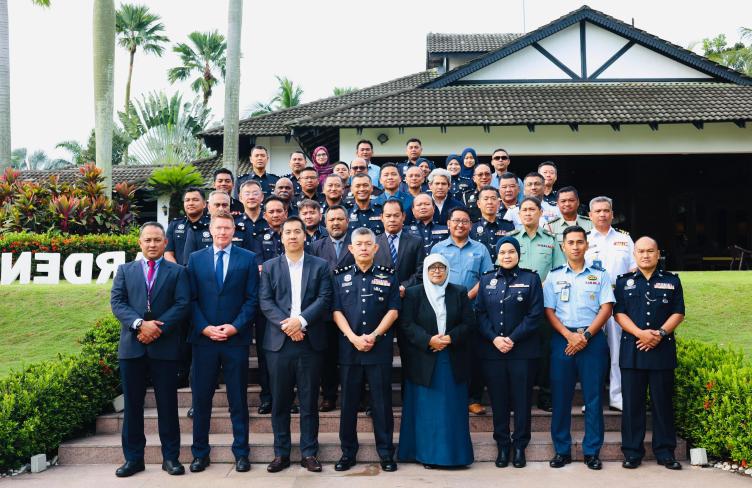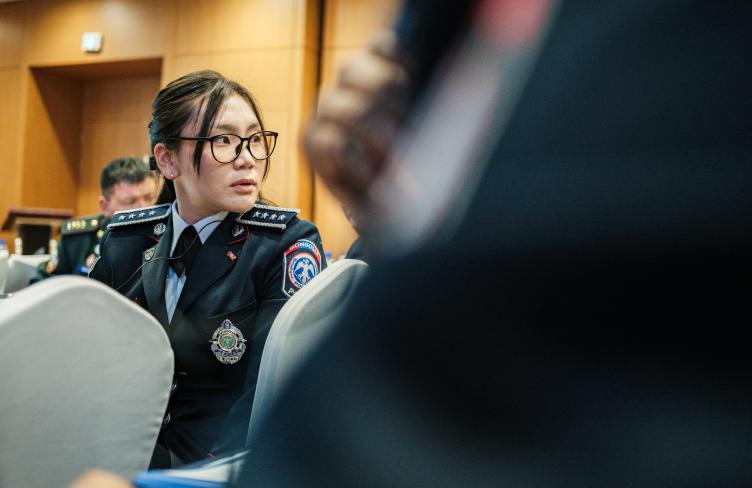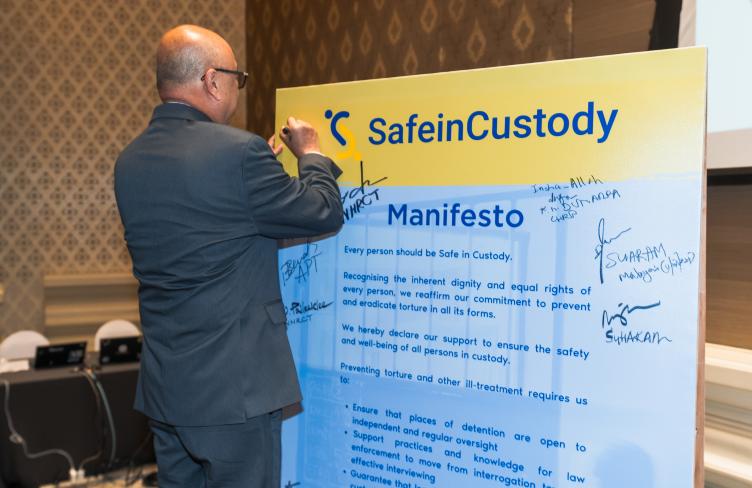
The Asia Pacific is the largest and most diverse region in the world: geographically, linguistically and culturally.
There are numerous human rights challenges in the Asia Pacific which, unlike other regions, does not have a region-wide human rights protection mechanism. It is also a region where 13 countries have not yet ratified the UN Convention against Torture (UNCAT) and where ratification of the Optional Protocol to the Convention against Torture (OPCAT) is lowest.
The APT has been active in the Asia Pacific region since 2007, working both regionally and at the national level. Our focus is on strengthening safeguards in the first hours of detention and building opportunities to promote ratification and implementation of the UNCAT and OPCAT. We support national human rights institutions (NHRIs) - at the regional, sub-regional and national levels - in their work to prevent torture and ill-treatment of people deprived of liberty.
Regional activities
We engage with the ASEAN Intergovernmental Commission on Human Rights (AICHR) to support torture prevention efforts, in particular to promote effective approaches that reduce the risk of torture and ill-treatment. We also support the Southeast Asia National Human Rights Institution Forum (SEANF) and collaborated with them to create the SEANF Guidelines on Torture Prevention.
Through our #SafeInCustody project from 2021-2024, we worked with civil society partners and NHRIs in Malaysia, the Philippines and Thailand to reduce the risk of torture in the first hours of police custody, including national implementation of the Méndez Principles, with the aim to eliminate forced confessions and incommunicado detention. This project sparked initiatives that are bearing fruit today.
We also work with the Asia Pacific Forum to support NHRIs in the region – including through peer exchanges - to understand and apply their mandate to prevent torture and ill-treatment. The APF and APT have also collaborated on joint resources, such as the updated Operational Guide for National Human Rights Institutions on Torture Prevention.
Priority countries
Thailand
Thailand remains a priority country under the APT’s 2025–2028 Strategic Plan due to its firm political engagement, legal reforms, and demand for APT’s expertise across all three strategic goals. The Prevention and Suppression of Torture and Enforced Disappearance Act 2022, which entered into force in February 2023, significantly strengthened the legal framework for torture prevention and has opened new opportunities for reform. Thailand’s position on the UN Human Rights Council from 2025 to 2028 offers an influential platform to advocate for OPCAT ratification.
APT’s long-standing relationship with national institutions - including the Ministry of Justice and the National Human Rights Commission of Thailand (NHRCT) - provides a strong foundation for sustained collaboration. The NPM Initiative Unit within the NHRCT is increasingly engaging in preventive work, including preparatory steps toward OPCAT ratification.
In Thailand, APT is supporting efforts to institutionalise non-coercive interviewing methods and the implementation of safeguards in policing. Key security and training institutions, including the Royal Thai Police Cadet Academy, have expressed interest in applying the Méndez Principles, and Thailand was among the countries whose CAT review closely echoed APT’s recommendations.
With our in-country presence in Bangkok, APT is well positioned to deepen its long-term engagement in Thailand. The country’s visibility on the global stage adds value to its national reforms and helps promote regional momentum for torture prevention.
Mongolia
Mongolia’s new designation as an APT priority country for 2025–2028 reflects its growing commitment to torture prevention and the rare opportunity to support a relatively new National Preventive Mechanism in a region with few such institutions. Since the NPM was created in 2022 under the National Human Rights Commission (NHRCM), APT has built a solid relationship with the institution, supporting its operationalisation and capacity building.
In 2024, APT conducted a detention monitoring workshop and engaged with over 2,000 stakeholders across the country - including police, parliamentarians, and security officials -to promote the implementation of the Méndez Principles and procedural safeguards. APT’s efforts are now focused on deepening reforms and working with law enforcement to promote their application.
Although Mongolia currently has limited anti-torture organisations, its political stability, commitment to democratic governance, and appetite for technical expertise provide a favourable environment for collaboration. There is also a growing recognition of the need to protect persons at heightened risk, such as people with mental health conditions.
APT is well-positioned to scale up its work in Mongolia. The combination of political openness, institutional partnerships, and regional leadership potential makes Mongolia an important country for APT’s Asia-Pacific strategy.
Latest news from the region
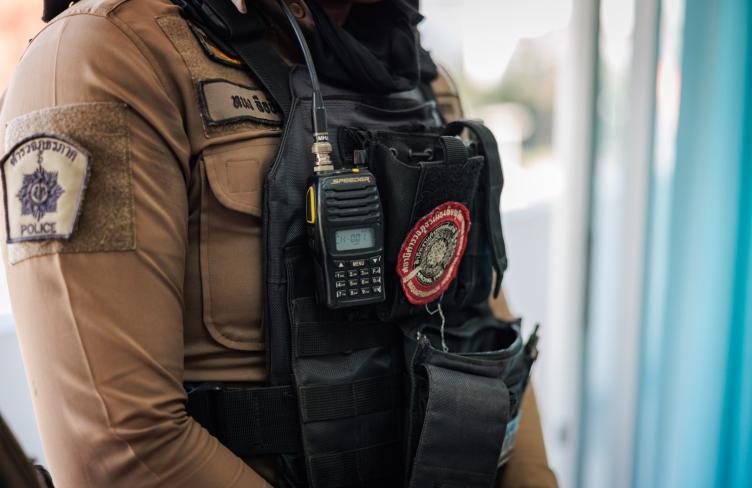
Thailand advances torture prevention efforts with OPCAT and Méndez Principles support
Wednesday, January 29, 2025
